Publications
Since the inception of the Khaled Bin Sultan Living Oceans Foundation, we have conducted much-needed baseline research on coral reefs. We have also supported the research of some of the most prestigious coral reef scientists whose research interests include coral reef communities, mapping of coral reef habitats, reef fish communities, ocean acidification, marine taxonomy, coral disease, and many more. Our research around the world over the past two decades has allowed the Foundation to meaningfully contribute to the scientific community by helping author and co-author hundreds of scientific papers in some of the highest impact peer-reviewed journals.
Here, you can download science articles by topic, location, or author.
We gather a great deal of information during our ocean research expeditions and we take the time to go through all our data and publish our results. Please check back frequently as we upload new science articles all the time.
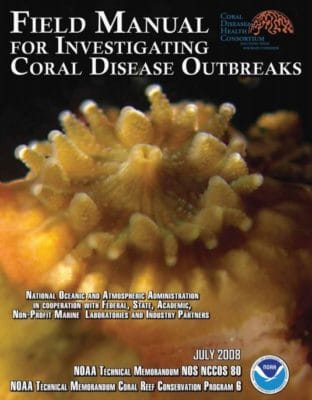 Science Articles |
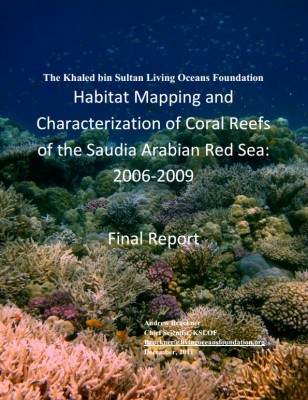 Final Reports |
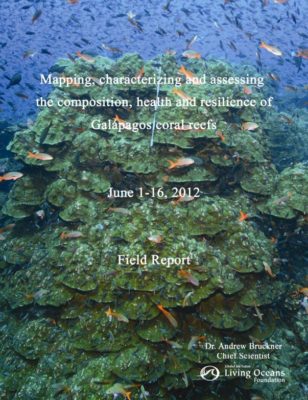 Field Reports |
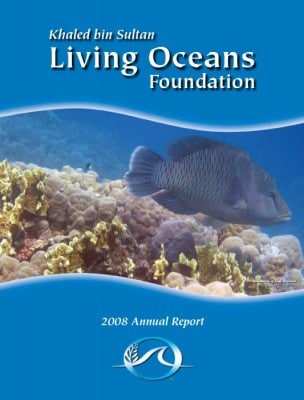 Annual Reports |
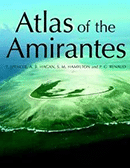 Atlases Atlases |
Besides peer-reviewed scientific publications, the Living Oceans Foundation has developed and published numerous field reports, final country reports, atlases, field guides, and monitoring protocols. The field reports include information about research sites visited, our initial observations and an in-depth description of our methods used to measure coral reefs while in the field. The final country reports provide information catered to each country visited, explaining our findings and recommendations for best conservation practices based on our research in the area. We continue to publish final reports from the Global Reef Expedition, which are shared with government officials, scientists, conservation organizations, traditional leaders, and local stakeholders to aid in the conservation and preservation of coral reefs and other coastal marine resources.
We have published three atlases, one depicting and describing five major regions along the Saudi Arabian Red Sea coastline, one depicting and describing Bahamas nearshore marine habitats, and one on the coral reefs of the Amirantes. These atlases are incredibly useful tools for both scientists and managers as they can interrogate the maps and use them to work with communities to establish long term monitoring programs and marine protected areas to conserve vital nearshore marine ecosystems.
In addition to our other publications, we have developed monitoring protocols in both the Galapagos and Cook Islands. The Galapagos monitoring protocol provides recommendations catered to the region for long term monitoring of the northern islands which are the most remote and hardest to reach by most scientists. In the Cook Islands, monitoring protocol was developed to help locals mitigate and safely remove Crown-of-Thorns Starfish (COTS) during an outbreak to help conserve their reefs. This protocol has been shared with other countries as it can be easily applied to other regions experiencing an outbreak of COTS, a venomous and voracious coral-eating starfish.